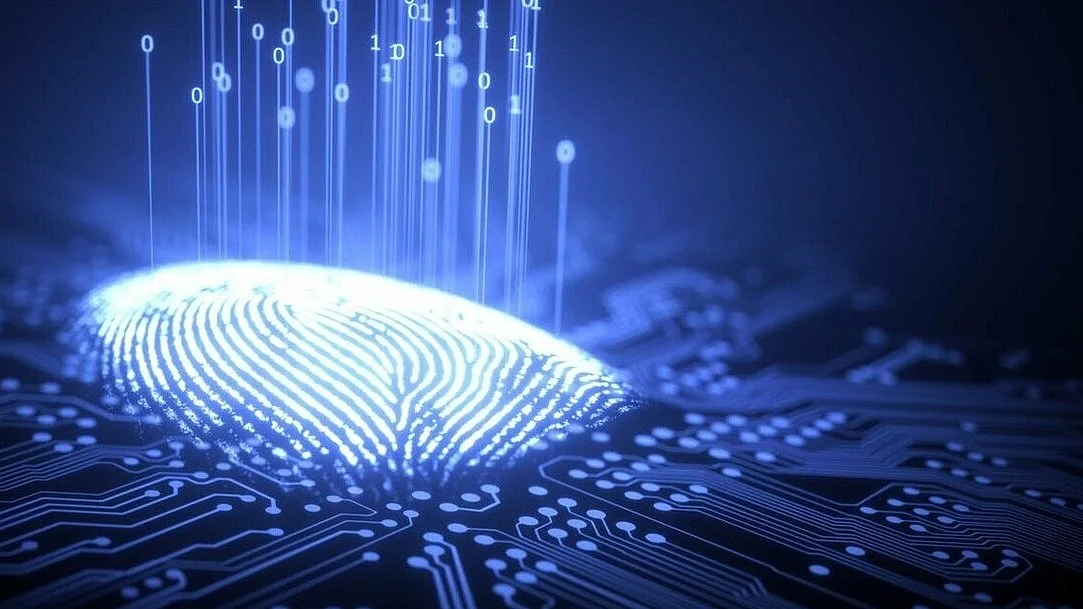Prints from different fingers of same person may not be unique, reveals AI
Engineers at Columbia University challenge forensic belief with an AI system revealing that fingerprints from different fingers of the same person are similar

Engineers from Columbia University in the US have built a new AI system that shattered a long-held belief in forensics — that fingerprints from different fingers of the same person are unique.
It’s a well-accepted fact in the forensics community that fingerprints of different fingers of the same person are unique, and therefore, unmatchable.
A team led by Columbia Engineering undergraduate senior Gabe Guo has challenged this widely held presumption. Guo, who had no prior knowledge of forensics, found a public US government database of some 60,000 fingerprints and fed them in pairs into an artificial intelligence-based system known as a deep contrastive network.
Sometimes the pairs belonged to the same person (but different fingers), and sometimes they belonged to different people.
Over time, the AI system, which the team designed by modifying a state-of-the-art framework, got better at telling when seemingly unique fingerprints belonged to the same person and when they didn’t.
The accuracy for a single pair reached 77 per cent. When multiple pairs were presented, the accuracy shot up significantly, potentially increasing current forensic efficiency by more than tenfold.
“The AI was not using ‘minutiae,’ which are the branchings and endpoints in fingerprint ridges — the patterns used in traditional fingerprint comparison,” said Guo, who began the study as a first-year student at Columbia Engineering in 2021. “Instead, it was using something else, related to the angles and curvatures of the swirls and loops in the centre of the fingerprint.”
The project, a collaboration between Hod Lipson’s Creative Machines lab at Columbia Engineering and Wenyao Xu’s Embedded Sensors and Computing lab at University at Buffalo, SUNY, has been published in Science Advances.
While the AI system’s accuracy is not sufficient to officially decide a case, it can help prioritise leads in ambiguous situations.
Columbia Engineering senior Aniv Ray noted that their results are just the beginning. “Just imagine how well this will perform once it’s trained on millions, instead of thousands of fingerprints,” said Ray.
“This discovery is an example of more surprising things to come from AI,” said Lipson.
Follow us on: Facebook, Twitter, Google News, Instagram
Join our official telegram channel (@nationalherald) and stay updated with the latest headlines
